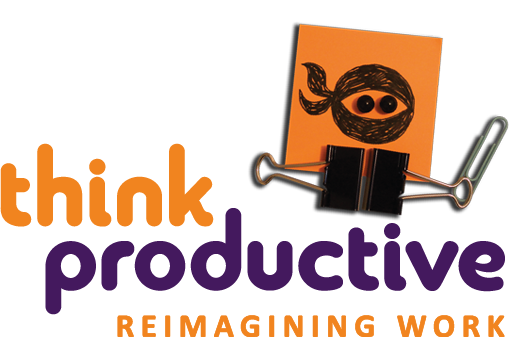
One of the worst things you can do is make yourself always available. It’s an invitation to some of your biggest enemies: distraction and interruption.
Keep out of the limelight until you’ve got something you need others to hear. Avoid too much of the social chit chat and time-wastery that goes on in so many offices. Be a little bit elusive, a bit mysterious and even, if you have to, aloof. Protect your attention to ensure it’s spent on what you decide to spend it on, not what others hijack it for. Here are a few examples:
Spend as much time as you can away from your desk – work from home, in cafés, in meeting rooms, and outside. Even if you work in an open plan office where this feels impossible, you can still try to negotiate some ‘thinking time’ away from your desk with your line manager. And of course you can use the more ruthless and stealth-like approach of just booking vague-sounding appointments in your Outlook diary so that people just assume, “Oh, looks like they’re out of the office…”
Get a gatekeeper who can help you say “No” to appointments or meetings just not worth your while. (If you can get someone else to say “No”, it’s often easier for you, and nicer for the person you’re turning down!)
Screen your calls and don’t answer your phone unless you decide the call is likely to be more important than what you’re currently working on.
Book time in your calendar for creative thinking, reviewing, forward planning and other important activities. Have a personal codeword for this if you work in an office where other people can book your calendar and are unlikely to respect your autonomy if they see ‘personal thinking time’ or ‘reading’ as a calendar entry. Use ‘private’ or ‘meeting outside of the office’ instead.
Set clear boundaries around things like email, Facebook chat, Skype and Instant Messenger. Get into the habit of being very conscious of when each of these is to be turned on and off. The default setting in almost every organisation I’ve ever worked in is that Outlook (or other email client) is turned on 100% of the time. This same intrusion is increasingly true for Skype, IM and other services.It’s time to wriggle away from the pressures of connectivity and ‘go dark’.
More reading:
When Think Productive UK’s Graham Alcott “went dark” (Think Productive UK)
Stay focused with a Tangent Log (Grace Marshall for Think Productive UK)
Why You Should Turn Off Your Email (Think Productive UK)
And from our friends
How to Minimize Distraction to Get Things Done (lifehack.org)
5 Ways to Get Nothing Done (mashable.com)

